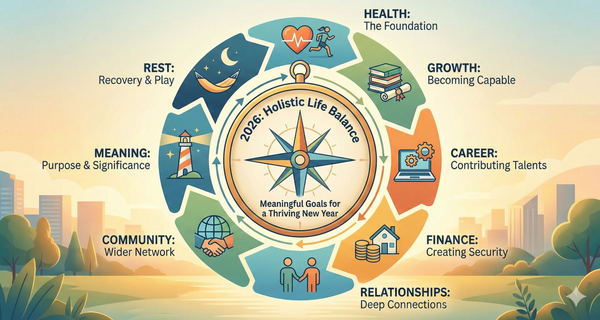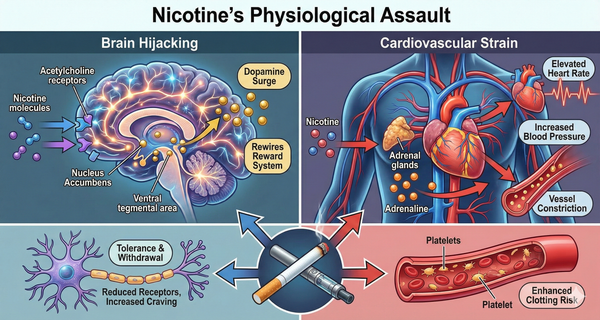How to Lose Weight: Simple and Effective Approaches

Losing weight can often feel like a complex puzzle, but the truth is that with the right approach, it can be a simple and rewarding journey. This article will guide you through effective and sustainable strategies to help you shed pounds and improve your overall physical health. We will focus on evidence-based methods that are easy to understand and integrate into your daily life, so you can achieve long-lasting results.
Understanding the Fundamentals of Weight Loss
At its core, weight loss is a matter of science. To lose weight, you need to expend more calories than you consume, creating what is known as a calorie deficit. This fundamental principle governs how your body uses stored fat for energy, leading to a reduction in weight over time.
The Role of Calorie Deficit
A calorie deficit is the cornerstone of any successful weight loss plan. When you consistently provide your body with fewer calories than it needs to maintain its current weight, it will start tapping into its fat reserves for fuel. Creating a moderate deficit of around 500 calories per day is a common and effective strategy for losing about one pound per week. This can be achieved by making simple dietary changes and increasing your physical activity.
Metabolism and Its Impact
Your metabolism is the process by which your body converts what you eat and drink into energy. While some people naturally have a faster metabolism, there are ways to give yours a boost. Factors like age, sex, and genetics play a role, but you can positively influence your metabolic rate through regular exercise, particularly strength training, and by eating enough protein. A higher metabolism means you burn more calories at rest, making weight management easier.
Effective Dietary Strategies
What you eat plays a crucial role in your weight loss journey. A healthy diet is not about extreme restrictions but about making smart, sustainable choices. By focusing on nutrient-dense foods, you can feel full and satisfied while still maintaining a calorie deficit.
The Importance of a Balanced Diet
A balanced diet should include a mix of macronutrients: protein, carbohydrates, and fats. Protein is particularly important for weight loss as it can reduce appetite and boost metabolism. Fiber, found in fruits, vegetables, and whole grains, helps you feel full and aids in digestion. Healthy fats, from sources like avocados and nuts, are also essential for overall health.
Practical Tips for Healthy Eating
To make healthy eating easier, try meal prepping at the start of the week. This ensures you have nutritious options readily available and reduces the temptation of unhealthy snacks. Practicing mindful eating—paying attention to your food and how you feel—can also prevent overeating. Additionally, staying well-hydrated by drinking plenty of water throughout the day can boost your metabolism and help control hunger.
The Power of Physical Activity
Exercise is a powerful tool for weight loss and overall health. It not only helps you burn calories but also improves your mood, strengthens your bones, and reduces your risk of chronic diseases. The key is to find activities you enjoy so you can stick with them in the long run.
Combining Cardio and Strength Training
For optimal results, your fitness routine should include both cardiovascular exercise and strength training. Cardio, such as running or cycling, is excellent for burning calories and improving heart health. Strength training, on the other hand, builds muscle, which increases your resting metabolic rate. This powerful combination helps you burn fat more efficiently and sculpt a leaner physique.
Staying Consistent with Exercise
Consistency is more important than intensity when it comes to exercise. Aim for at least 150 minutes of moderate-intensity cardio or 75 minutes of vigorous-intensity cardio each week, along with two or more days of strength training. To stay motivated, set realistic goals, track your progress, and consider finding a workout buddy to keep you accountable.
A Sustainable Path to a Healthier You
Losing weight is not a sprint; it’s a marathon. The most effective approaches are those that you can maintain over the long term. By focusing on creating a calorie deficit, eating a balanced diet, and staying physically active, you are not just losing weight but building a healthier, more sustainable lifestyle. Embrace the journey and be patient with yourself, and you will achieve your goals.




